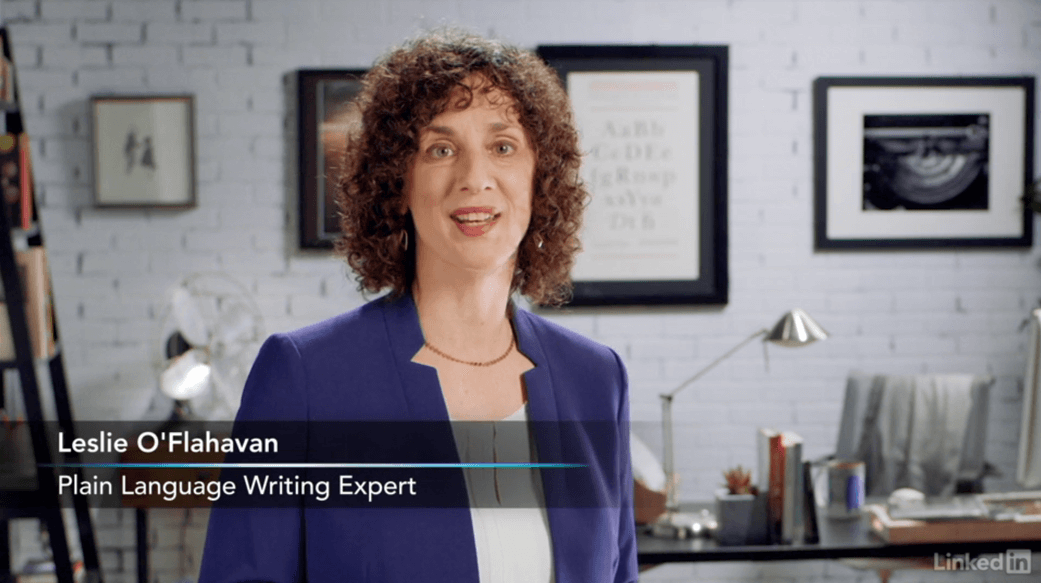Customer support agents often meet with problem clients and do not know how to act. The reasons for this may be the lack of the necessary qualities or experience in resolving conflict situations. In this case, the opinion of experts in the field of client support can give the necessary insights and hint at what skills should be developed to become successful in this area. Roy Atkinson is a person who can open secrets of avoiding conflicts and estimating team results in customer support.
Who is Roy Atkinson?
Roy Atkinson is an expert and one of the top influencers in the customer service and support industry, with a good reputation. His expertise has been featured by The Economist, Social Media Today, Computerworld, BizTech Magazine, and many others. He has contributed to books on Customer Service, Social Media, and IT Change Management.
We are confident that our conversation will be useful for our readers and they take a lot of useful insights and experts’ points of view and tips for themselves.
Valuable tips from Expert to avoid conflicts
Question: What are your top three pieces of advice to customer support agents?
Customers always need two kinds of support:
- The answer to their question or solution to their problem.
- Empathy – understanding of the emotion they are experiencing. Did they receive a special gift late in arriving? Did the item arrive broken? Is it not what they expected?
“Missing an important timeline or delivering a product or service that falls short of expectations generates negative emotions. A customer support rep cannot “fix” that, but can understand urgency and disappointment and act accordingly.”
Question: What do you do when you don’t know how to help a customer?
Some in the industry say you should never tell a customer “I don’t know.” I disagree. If you don’t know, tell the customer you don’t know, AND that you will find out and get the answer or assistance they need—and set a time. (“I’m not sure about that, but I will get you an answer by 3 PM.”) Then, get the answer or assistance. Do what you said you would do. If you can’t do it by 3 PM (or whatever time you set), let the customer know how long it will take. Deliver on your promise.

A conversation with Roy Atkinson, Senior Writer Analyst at HDI. Source
Question: What is your favorite strategy for avoiding conflict (both within a team and with customers)?
Conflict with customers should be avoided whenever possible. This does not mean that “the customer is always right” and should get whatever they want; it means that there are ways to de-escalate their demands. I learned from one of my bosses long ago that lowering your voice when a customer raises theirs is an excellent strategy. Learn how to speak softly when someone is shouting at you.
Conflict within a team can be either destructive or constructive. Many times, disagreement can produce a new way to solve a problem. One of the classic phases of team formation is “Storming” – when there is conflict. The key is not to allow the conflict to become personal; it should always be about the issues or ideas, never about the people.
How to estimate team results?
Question: What do you think are essential KPIs that support teams should keep track of to succeed?
The most important metric in any support team is the one that measures the level of success, whether that is customer satisfaction (CSAT), customer advocacy (NPS®), or customer effort (CES). All other measures are secondary—which is not to say unimportant. Contact volume and handle time are the two most important factors in determining staffing levels, so they need to be measured for operational purposes.
As we have learned over the past few years, Employee Experience (EX) is incredibly important to good Customer Experience (CX). Therefore, measuring employee satisfaction and engagement are key. Do support staff have tight tools? Are they performing tasks suitable for their talents? Do they have good relationships with their workmates and managers? All of these are important.







